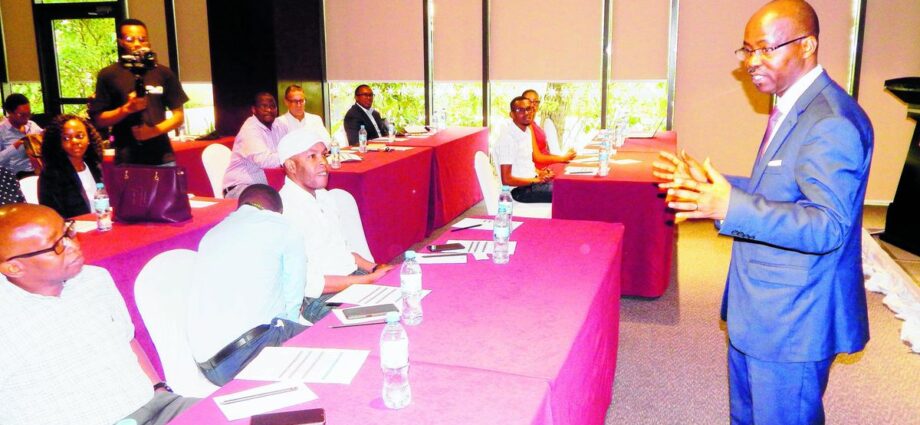Gracing a workshop on ‘addressing the common tax compliance pitfalls for the not-for-profit organisations’ in Dar es Salaam, Tanzania Revenue Authority’s (TRA) deputy commissioner for Domestic Revenue Department Michael Muhoja said not-for-profit organisations may enjoy a partial income tax exemption by obtaining “charitable” or “religious” organisation status.
The status, he said, is to be obtained following an application to the TRA’s Commissioner General.
According to the Income Tax Act, 2019 Section 64(8)(a), to be considered a “charitable” organisation, an organisation must be established and function solely as an organisation for the relief of poverty or distress of the public, the advancement of education, or the provision of general public health, education, water or road construction or maintenance.
“In a world of over 8 billion people, it is estimated that only 20 percent have competent tax knowledge. That is why the government has changed its collection technique, instead of being coercive, we now focus on helping people to understand the importance of paying tax,” said Mr Muhoja during a workshop organised jointly between RSK Consulting Limited, a tax consulting firm and TRA.
RSK’s chief executive officer Raymund Kahumba said some of the knowledge gaps were associated with not knowing what qualifies and what does not qualify for charitable status and whether an organisation qualifies for tax exemptions.
“Noncompliance can be caused by a lack of knowledge, which cannot be used as a justification for not abiding tax laws,” he said.
Mr Kahumba said due to inadequate know-how on tax compliance components some organisations end up with penalty arrears that turn out to be a financial liability to their operations.
“These organisations are not making profits. Funds come from donors and well-wishers to support their various causes such as malaria eradication projects, HIV/Aids prevention, or polio,”he said, while querying on whether any donor would approve a component on the budget with tax penalties.
Share this news
This Year’s Most Read News Stories

US taps Tanzania for infrastructure plan in battle with China for minerals
Washington wants to tap into the country’s minerals, particularly its nickel mines.Continue Reading

ACT Unaware of Mwinyi’s joint committee on Zanzibar reforms
Opposition party ACT Wazalendo has said it is not aware of a special committee on reforms and has directed the party’s leadership to follow up on the decision of the Central Committee which directed its leaders to meet with President Hussein Ali Mwinyi.Continue Reading

MGAO WA MAJI WAWATESA WAZANZIBARI
Wananchi wengi hasa katika maeneo ya Mjini Unguja, wanalalamikia ukosefu wa maji safi na salama huku Mamlaka ya Maji Zanzibar ikikabiliwa na changamoto ya ukosefu wa ujuzi na wataalam katika masuala ya uandisi wa Maji na fani nyengine.Continue Reading











